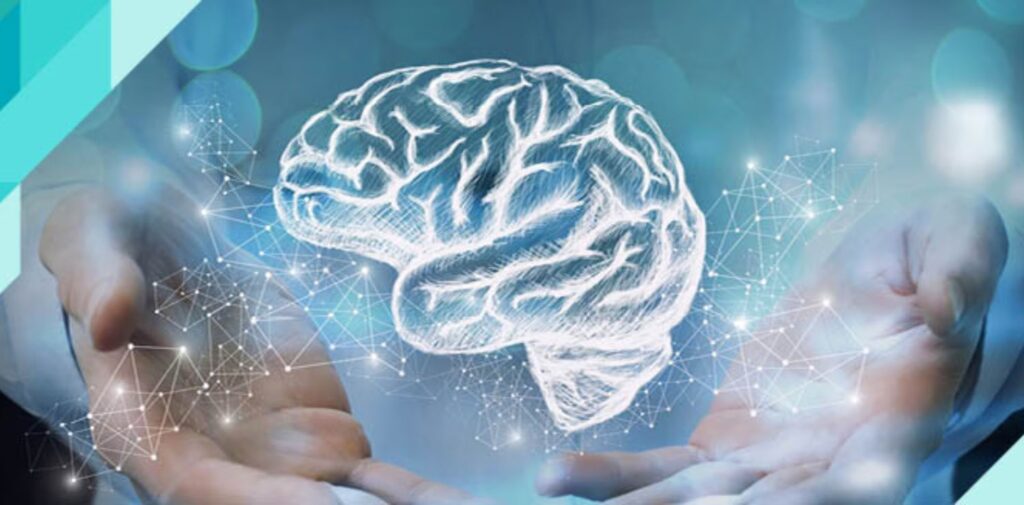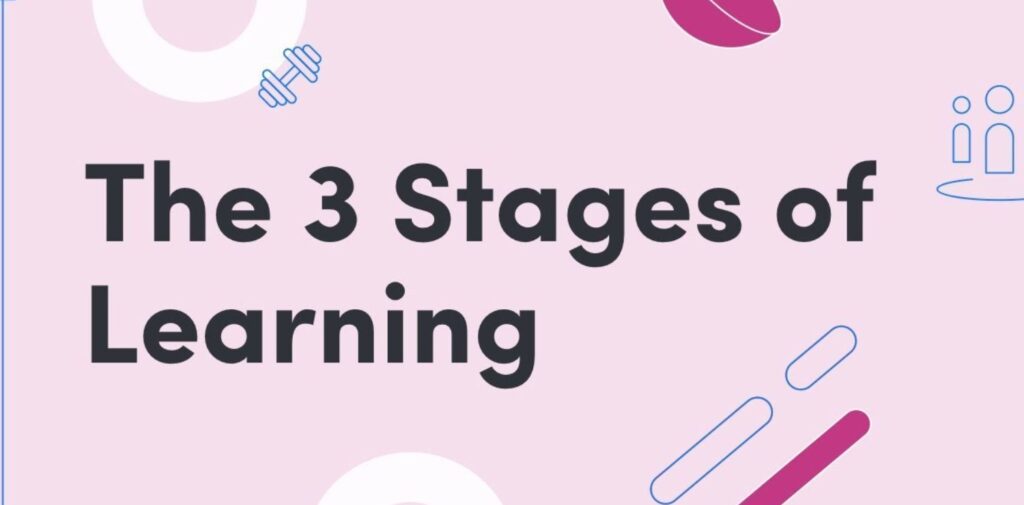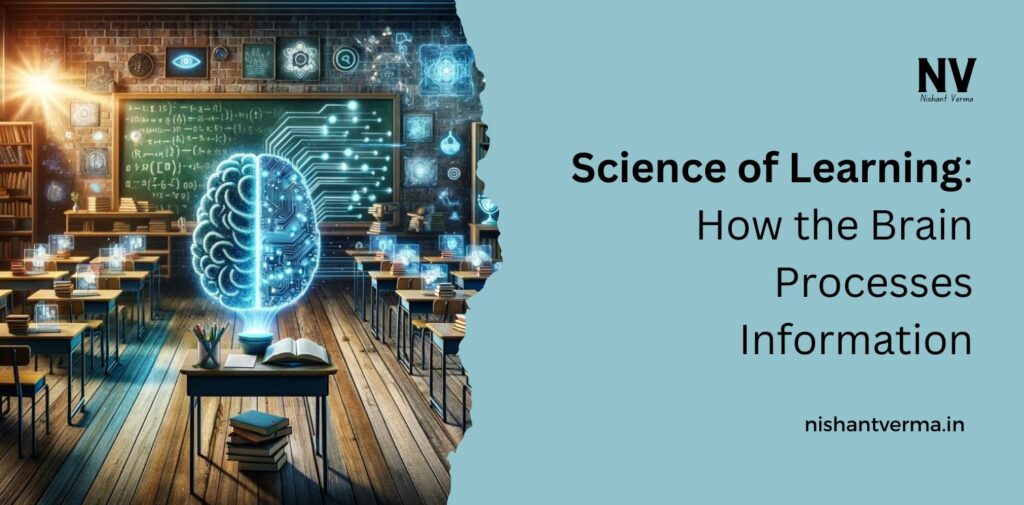Have you ever wondered how your brain absorbs, stores, and recalls information? Whether you’re studying for a test, learning a new skill, or just trying to remember where you left your keys, your brain is constantly working to process and organize information. This process is called learning, and it’s much more complex than we might realize.
In this article, we’ll take a deep dive into how your brain processes information, what happens when you learn something new, and why some things stick in your memory while others fade away. By the end of this article, you’ll not only understand how Science of Learning works but also feel excited about how you can improve your ability to learn and remember things.
How Does the Brain Work?
The brain is an incredibly powerful organ that controls everything we do. It’s made up of billions of cells called neurons, which send electrical signals to each other. These neurons are like tiny messengers that help the brain communicate and process information. Think of the brain as a massive, super-fast computer that takes in information, organizes it, and then stores it for later use.
When you learn something new, neurons form connections with each other. The more you repeat a task or review information, the stronger these connections become. It’s like building a path through a forest; the more you walk on it, the easier it is to follow.

Three Stages of Learning
Learning is a process that happens in stages. To help understand this, let’s break it down into three main steps: encoding, storage, and retrieval.
Encoding: Taking Information In
The first step in learning is encoding. This is when your brain receives and processes new information. Everything you see, hear, or experience is first encoded in your brain. For example, if you’re reading this article, your eyes take in the words, and your brain begins to make sense of them.
Your brain uses different senses to gather information, and it also relies on your prior knowledge to make sense of new information. If you’re learning about a topic you’re already familiar with, your brain will quickly make connections with what you already know. But if the information is completely new to you, your brain will need to work harder to make sense of it.
During this stage, your brain focuses on key details, and it’s crucial to pay attention. If you’re distracted or not fully engaged, the brain may not encode the information properly, making it harder to learn.
Storage: Keeping Information Safe
Once your brain has encoded the information, it needs to store it for later use. This is where your memory comes in. Your brain stores information in different types of memory, including short-term memory and long-term memory.
- Short-Term Memory: This is like a temporary holding area for information. It holds details for a few seconds to a minute. For example, you might remember a phone number long enough to dial it but forget it soon after.
- Long-Term Memory: This is where information stays for a longer period, from hours to years. To move information from short-term to long-term memory, your brain needs to process it more deeply. This is why repetition, practice, and association are so important for learning.
When you learn something repeatedly or make strong connections between new information and what you already know, the information is more likely to be stored in long-term memory. Essentially, the more you rehearse and review, the better the brain is at storing this information for future use.

Retrieval: Getting the Information Back
Retrieval is the process of recalling stored information when you need it. It’s like looking for something in a filing cabinet. If the information is well-organized in your brain, it will be easy to find. However, if you haven’t reviewed or practised it enough, retrieving the information can be challenging.
Sometimes, retrieval happens automatically, like when you remember your friend’s name or recall a fact during a conversation. Other times, you may need to make an effort to recall the information, like when you’re trying to remember something for a test.
Your brain is incredibly efficient when it comes to retrieval, but it works best when you regularly review information. That’s why cramming for exams usually doesn’t work well. It’s better to space out your studying over time—this is called spaced repetition, and it’s one of the best ways to strengthen your memory.
Role of Emotions in Science of Learning
Learning isn’t just about facts and information. Emotions play a significant role in how we process and retain information. When you experience strong emotions, such as excitement, fear, or joy, your brain tends to remember these moments more vividly. This is why you might remember certain events from your life, like your first day of school or a wedding, much better than ordinary, everyday moments.
Emotions help your brain decide what’s important and worth remembering. When you’re learning something and are emotionally engaged, the brain is more likely to encode that information in long-term memory. That’s why finding ways to make learning fun and exciting can improve your ability to remember.
Importance of Sleep and Nutrition
The brain is like any other part of your body—it needs proper care to function at its best. Sleep and nutrition are two key factors that affect how well the brain processes information.
- Sleep: During sleep, your brain consolidates memories and processes what you’ve learned throughout the day. If you don’t get enough sleep, your ability to retain new information is compromised. So, make sure to get enough rest, especially after learning something new.
- Nutrition: Eating the right foods helps your brain stay sharp. Foods rich in antioxidants, omega-3 fatty acids, and vitamins support brain function. Staying hydrated is also important because even mild dehydration can affect your concentration and memory.

How Can You Improve Your Learning?
Now that you understand how the brain processes information, you might be wondering how to improve your learning. Here are some tips based on what we know about the science of learning:
- Stay Engaged: Focus your attention on the task at hand. Minimize distractions to help your brain encode the information more effectively.
- Practice Spaced Repetition: Instead of cramming all at once, review information over a longer period. This helps move information from short-term memory to long-term memory.
- Use Active Learning: Instead of just reading or passively listening, try actively engaging with the material. This can include taking notes, summarizing what you’ve learned, teaching someone else, or practising the skill.
- Make Connections: Try to relate new information to what you already know. This makes it easier for your brain to organize and store the information.
- Sleep Well: Get enough sleep to help your brain consolidate memories and refresh for the next day of learning.
- Exercise and Eat Well: A healthy body supports a healthy brain. Regular exercise and good nutrition will improve your ability to focus, learn, and remember.
Conclusion: Your Brain is a Learning Machine
Understanding how your brain processes information makes learning much more exciting. You have the power to improve your ability to learn, remember, and recall information simply by applying a few simple strategies. Your brain is a highly adaptable organ, capable of forming new connections and memories every day. So, the next time you’re learning something new, remember that it’s not just about the facts—it’s about how your brain is working behind the scenes to make everything stick. The more you engage with information, practice, and take care of your brain, the better you’ll become at learning.
Embrace the process, and you’ll find that learning is not just a task—it’s a fascinating journey that your brain is ready to take you on!




